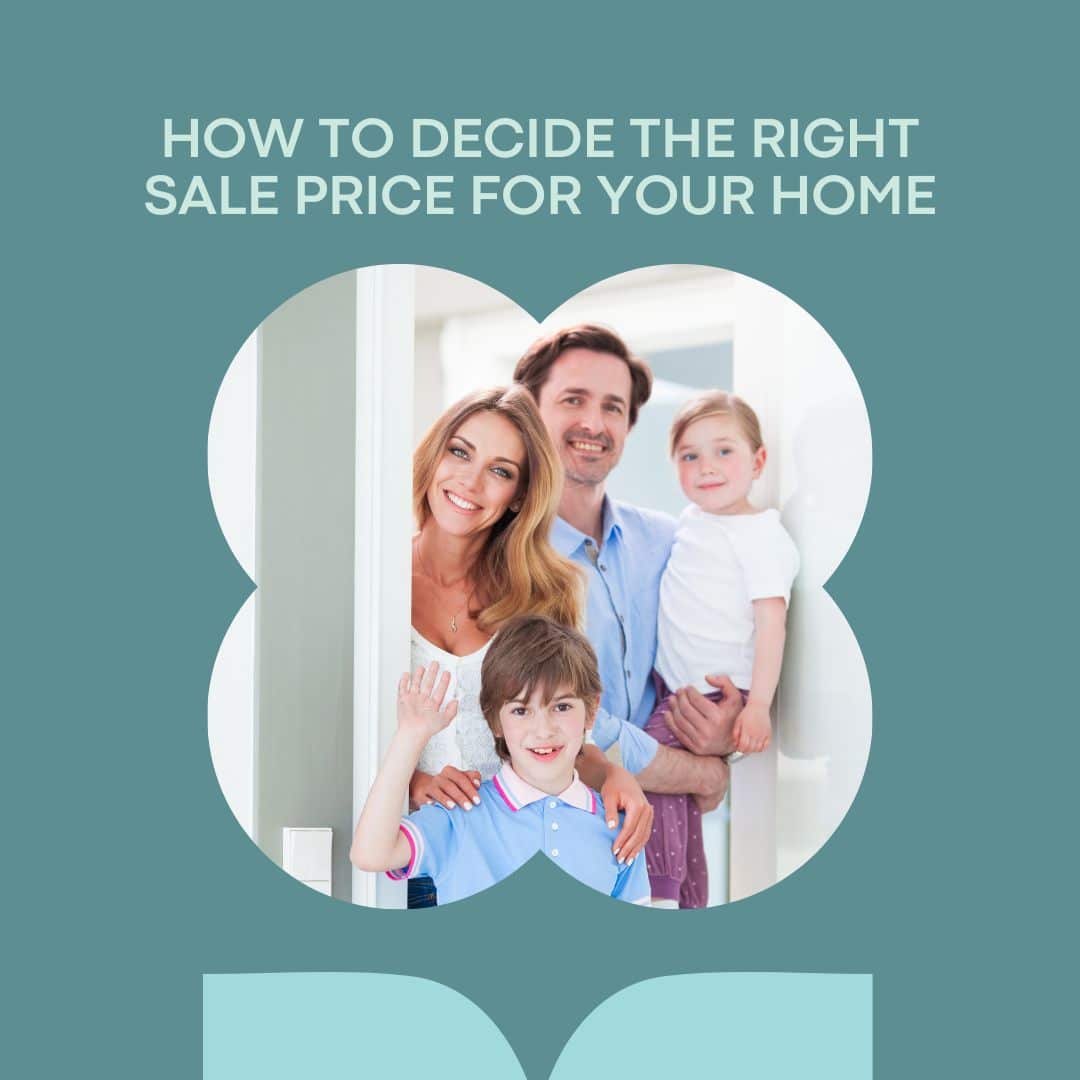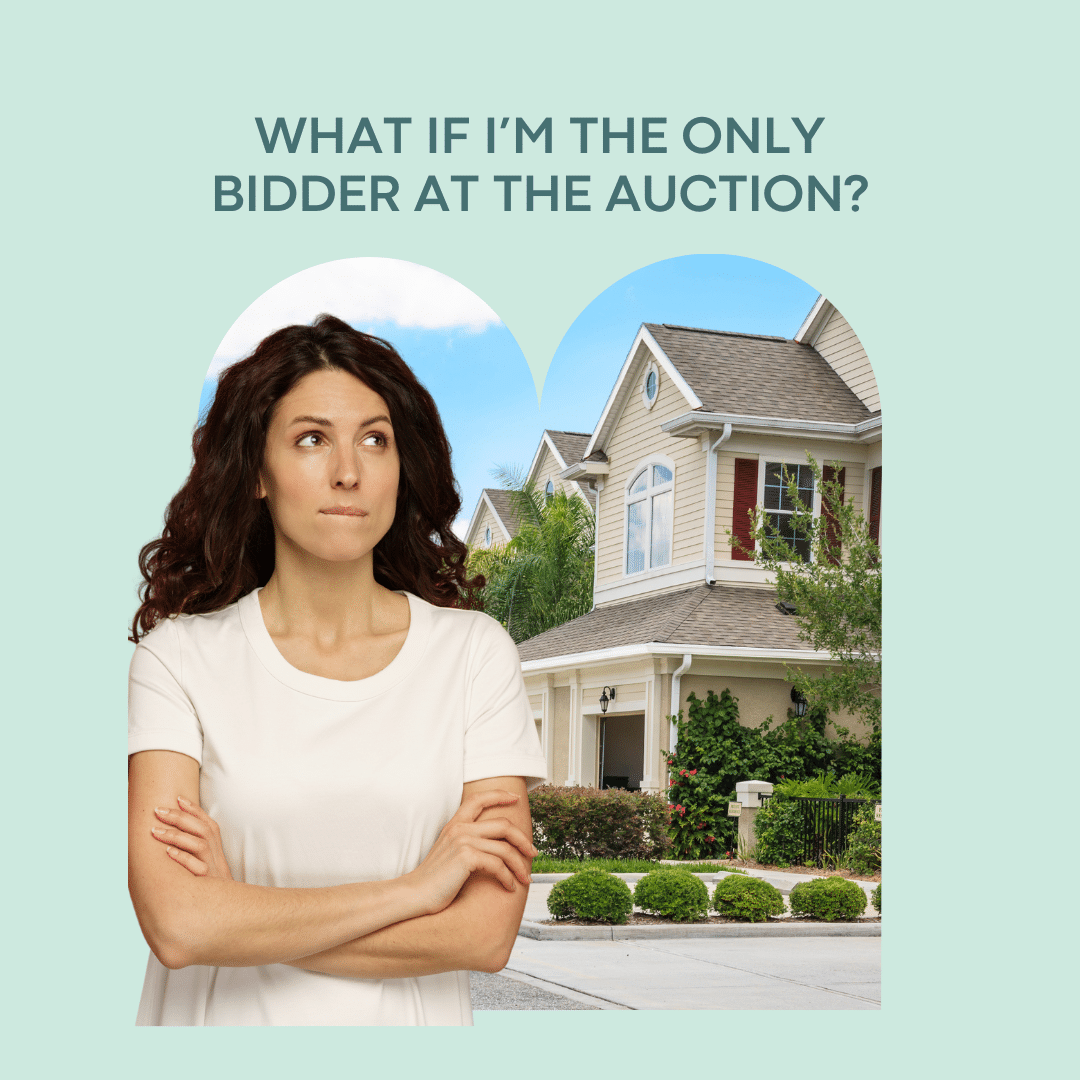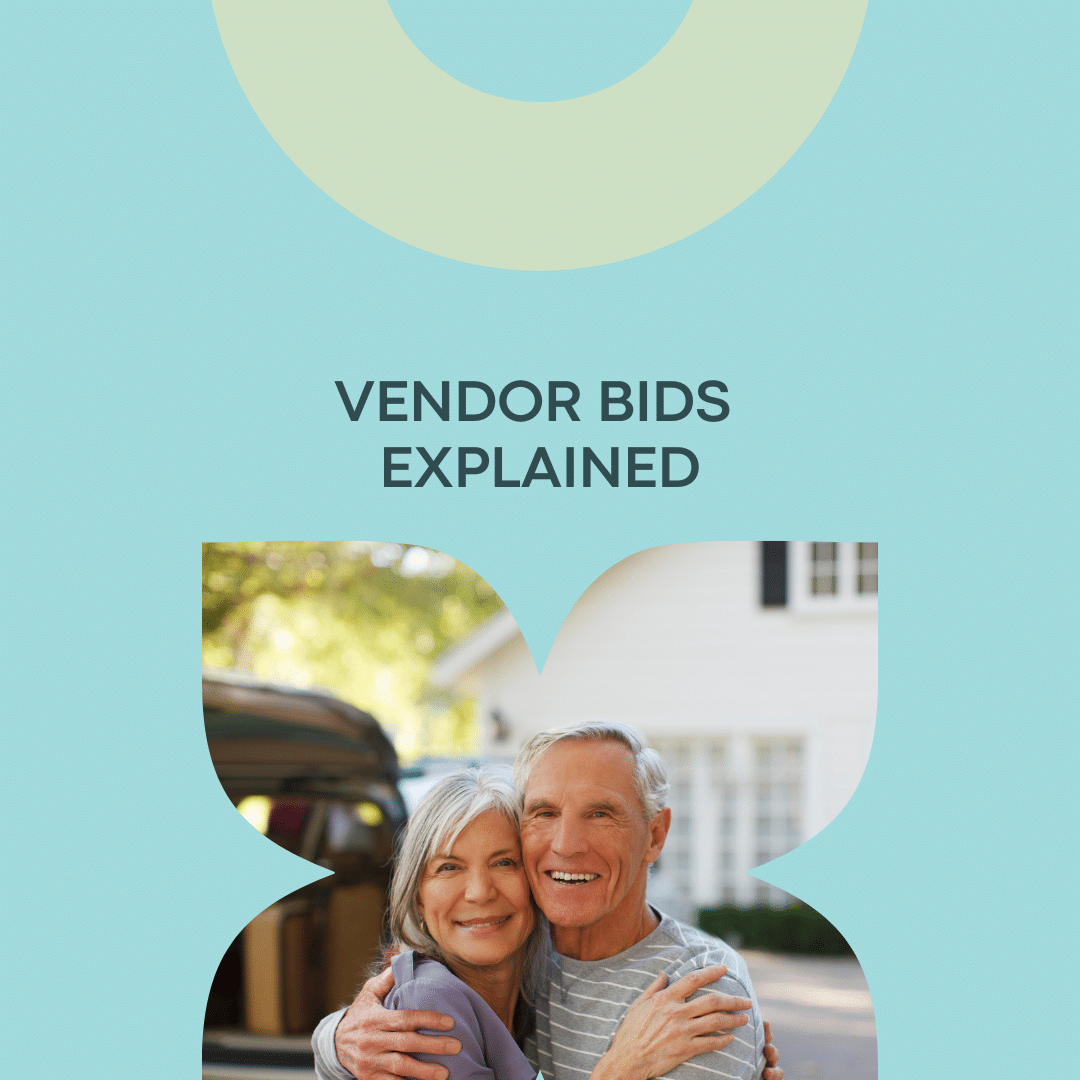As a vendor, you want the best price for your house. But in a free market, it’s ultimately the buyers who determine the sale price. When it comes to real estate price range strategy, the market is really conscious of pricing and is price sensitive right now. Which means your campaign can be dead in the water if you get it wrong.
Read on for our guide to real estate price range strategy and learn about pricing property in 2025.
If your house is overpriced, compared to similar properties on the market
If buyers consider your real estate price range strategy as lacking value, they won’t attend open houses, they won’t attend the auction, and of course, they won’t bid. When numbers are low, other buyers see that, and start to wonder what’s wrong with the property. Buyers are savvy and if they’re serious, they’ve been researching the market and are familiar with recent comparative sale prices. If yours doesn’t compare, they’ll notice.
Overpriced homes fail to gain momentum
If the campaign has no traction, your agent may recommend cancelling the auction. It is often seen to be better to cancel than stage a failed auction with no bidders. If the property passes in at auction with low or no bids, buyers will feel there’s something wrong with the property. Or they might think they can now get a bargain off a desperate seller.
Your campaign can continue, and you can cover up the auction date on the for sale board, and make no mention of the previous auction. However, buyers will do their research and know that the auction was unsuccessful, and form their opinion accordingly.
Watch for signs of an overpriced property
If your real estate price range strategy has missed the mark, watch out for:
- few online clicks
- few or no people at the open house
- lack of genuine buyers
- lack of buyers returning for a second look or asking for contracts
It is far better to adjust the price range during the campaign than risk a failed auction, so be ready to respond to the market quickly.

Underquoting is equally risky
On the other hand, underquoting your property is dangerous. The idea may be to quote low and generate plenty of interest. But under Victorian Consumer Law, agents are obliged to provide a statement of information with a reasonable price guide. The indicative price must not be less than the agent’s estimated selling price. Nor can it be less than the sellers asking price, or less than a price previously rejected by the seller. Agents face hefty fines if found to be underquoting.
Pricing property often means adjusting your expectations
Many owners have unrealistic price expectations, and want more than the property is worth, particularly when the market is shifting in buyers’ favour.
Buyers have the choice, but you only have one house to sell. If buyers see more value in a property around the corner, they’ll buy there instead. They’re unlikely to say, ‘the vendor thinks it is worth this price, so that’s what I’ll pay.’
During your campaign you have no control over the other competition. If another similar listing appears during your campaign that is better priced, buyers’ heads will turn. Your home will be deemed overpriced and the campaign will falter.
And often, the property that was priced lower may end up generating competition and secure a higher final sale price.
Forget prices from 2021
If your neighbour sold for $3 million in 2021, you might be excited to get the same price when you sell in 2025. However the market has shifted since the mid-covid price boom. Following that peak, prices have adjusted down from an average of 4% to as much as 20% down in South Yarra.
The peak in the market is now years ago, and you can’t let those lofty prices cloud your expectations for the current market. In 2025 we are waiting on interest rate cuts and there are more homes on the market. This makes buyers cautious and price sensitive, and you must be competitive on price if you wish to sell to the limited few serious buyers on the market.
Agents can “buy” the listing with big promises
When choosing an agent, there may be one who confidently predicts a higher selling price than the others. When the real estate price strategy varies, this can be a red flag. The agent might be telling you what you want to hear, based on price.
What typically happens is:
- you choose the agent quoting the highest price
- then the agent backpedals, and recommends ‘adjusting’ the price based on demand
From there, you as the vendor end up reducing the price back to the range that the other agents quoted originally. Or you insist that the agent deliver you the price they promised, which leads to you having bungled your real estate price range strategy and listing an overpriced property on the market.
Most agents will present you a realistic price
Agents are experts in property and most of the time, will tell you a fair price guide. Agents are experts at pricing property and you should trust their opinion. They have access to reams of property price data that shows market inclinations. Plus, they’re always speaking with buyers so they have a very good sense of the sentiment in the market and which way it’s shifting.
However, agents can and do get it wrong from time to time. I once worked with an agent who overestimated a price by more than one million dollars.
Vendors want to do the right thing by buyers
Many vendors say, ‘I hate it when buyers are misled.’ They want to do the right thing and price the property fairly. Admittedly, the current system isn’t ideal, but if vendors take an ethical stance on pricing, they risk putting an overpriced property on the market.
You may price your property higher in a bid to avoid disappointing buyers who can’t afford it. But this is risky. If other similar properties are priced more realistically, your property will be seen as overpriced immediately. If everyone priced their properties more fairly, the ethical strategy would hold up. But when others are pricing competitively, you must do the same to attract interest.

Unrealistic pricing expectations can damage your campaign
You might feel that someone will ‘fall in love’ in the property and be willing to pay top dollar for it. In my decades of real estate experience, this is rarely the case. Buyers do fall in love with properties but:
- they still have a limited budget to spend
- they are still keen to negotiate and get the best price
- they will still compare to other homes in the area
- they don’t want to buy an overpriced home and suffer financially later
Sellers have their blinkers on
You love your home that you’ve lived in happily for years, so you are not always the most objective when it comes to comparable properties. Or you may be selling a childhood home that represents many fond memories. You’re only willing to sell for a high price because of the connection you have to the property. But buyers don’t care about your emotions. You need to put your ego aside and look at the raw data, when it comes to your real estate price strategy.
The price is not what the vendor dictates
If you have debts, or you don’t like the idea of making a loss, or you simply need a certain fixed amount to buy the next property, then you may set the price according to these demands. But this is not how the market works. You can’t decide your price solely on the sum you need to make your next move.
Ultimately it is the buyers who set the price, by bidding at auction (or not). So if your desired price is not meeting buyer expectations you will fail to sell. You’ll still have your property as an asset, but you won’t be able to move forward with your plans.
So you can choose to wait until the market becomes more favourable to your price expectations. However there’s no telling how long that could be. Plus, you put your life on hold while you are effectively in limbo, unable to move forward. Whether you choose to wait it out depends on your time, inclination and resources.
Agents don’t always want the highest price
Vendors believe that agents will go the extra mile to get the highest possible price and rightly as they should. After all, the higher the price, the higher the commission. However, what some agents really want is to sell at the right price for the market—quickly. And if there is no sale at all—no commission. Agents would much rather sell at auction and move on quickly. They don’t want to continue a campaign with more hard work. If the property fails to sell at auction, agents need to hit the phones, host more open homes and drum up interest among indifferent buyers. The longer a campaign drags on, the more work for the agent.
So if your pricing strategy is unrealistic, the agent may pressure you on the day to sell.
If the range is on the lower side, say $50,000, their 1% or 1.5% commission won’t be substantially higher for them to be incentivised to continue your campaign.
I’ve been witness to many agents pressuring vendors to sell below their price expectations.
Agents will say:
- ‘This is the best offer you are going to get’
- ‘More homes are coming on the market, you won’t compete’
- ‘Just sell and move on with your life’
- ‘The home will be stuck on the market for months if you don’t sell today’
So if you really can’t part with your home at the price on the table, feel confident to walk away.
Selling your house is a huge financial decision, and if it doesn’t feel right (and you can afford not to sell) you may be better off waiting and having a plan B or see how the market shifts.
To recap: your real estate price range strategy
- Overpriced homes fail to attract buyer interest or bidders at auction
- Overquoting can risk your entire campaign
- Underquoting is illegal and results in hefty fines for agents
- Most agents will give you a realistic price expectation
- Forget prices from the boom in 2021-2022—the market has shifted since then
- Avoid letting an emotional connection to the house cloud your real estate price strategy
- You can’t dictate the price based on your own expectations or future costs
- Agents can ‘buy’ your listing by promising you an above-market price
- Agents want to sell a the right price quickly—not the highest possible price
- Don’t bow to pressure from agents to sell at price you can’t afford or don’t want




